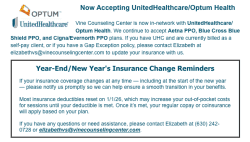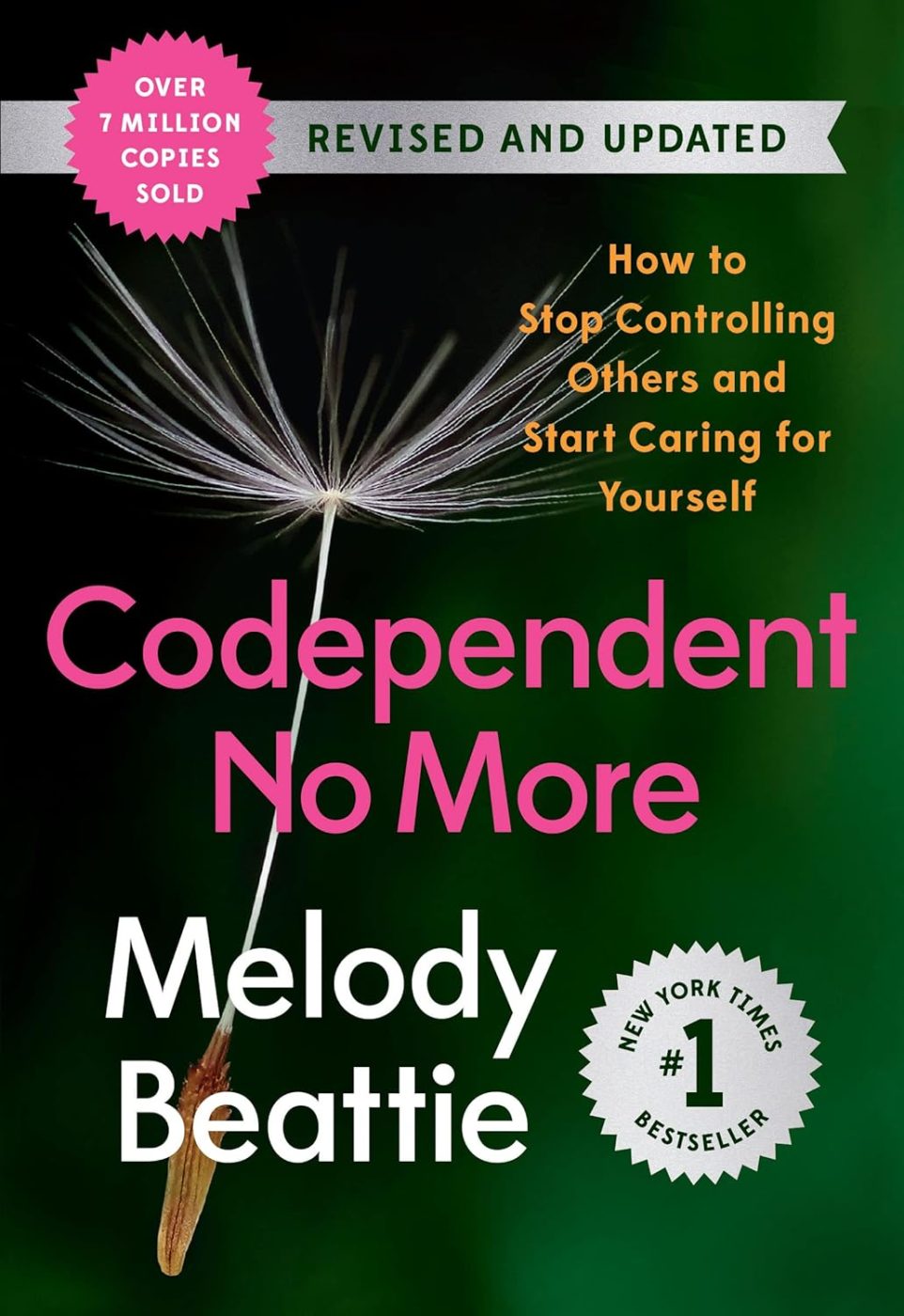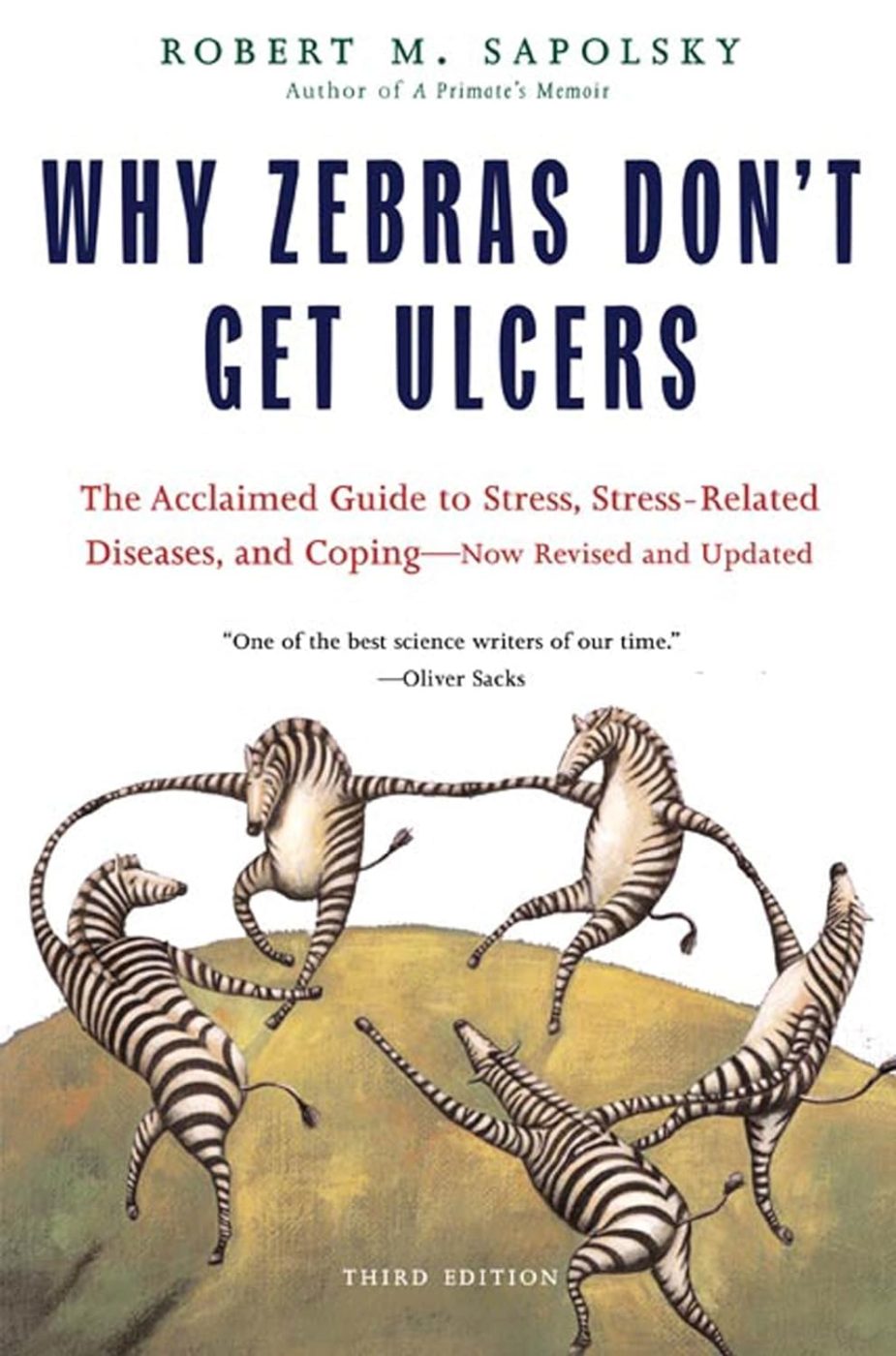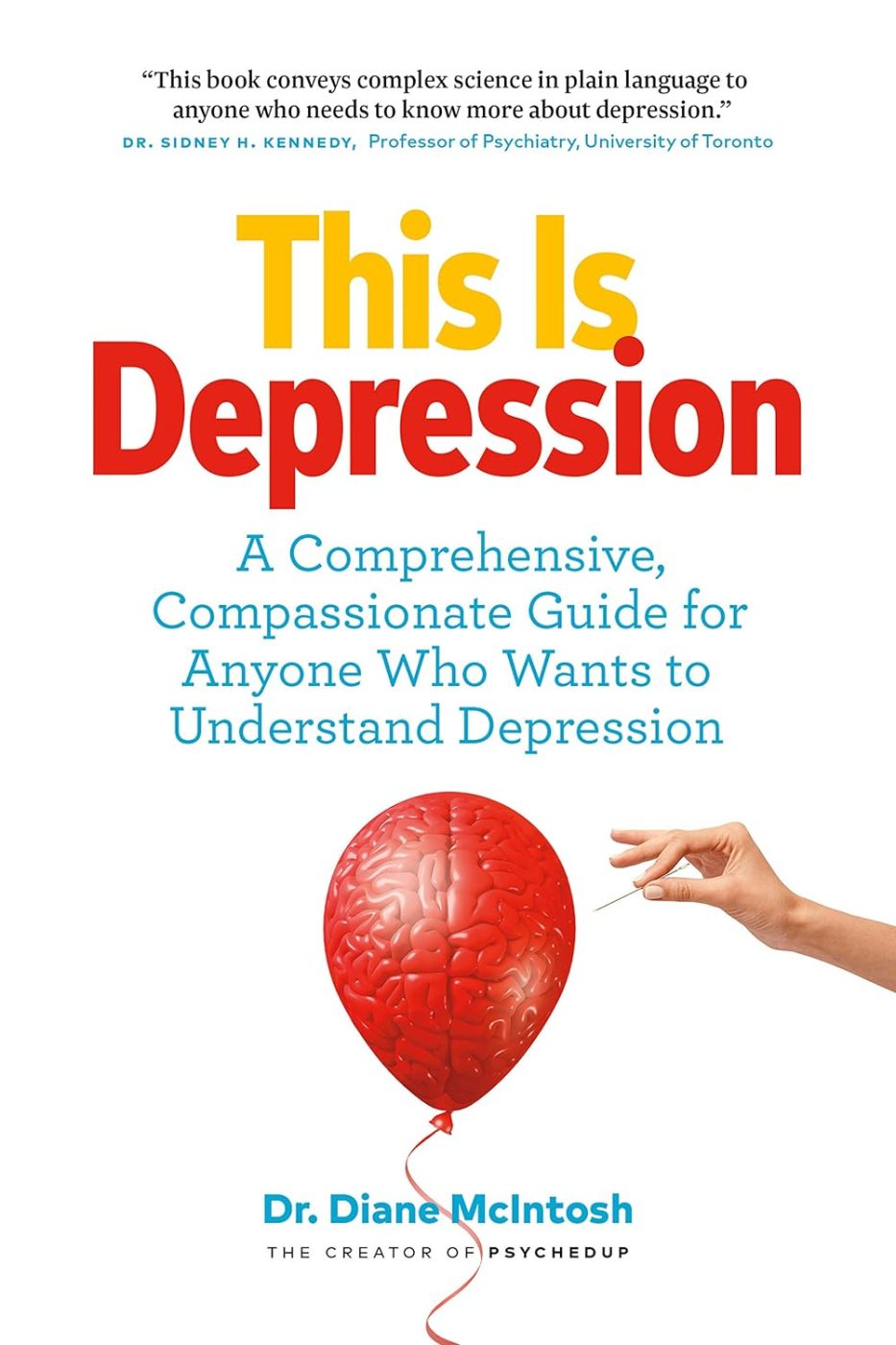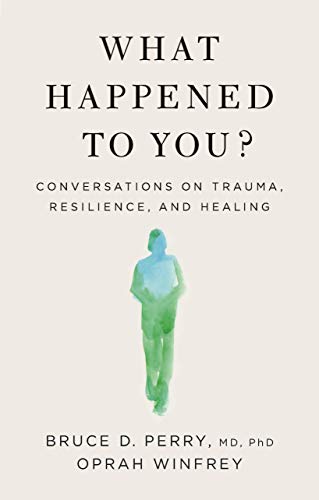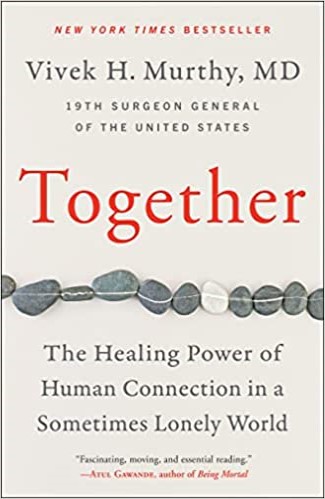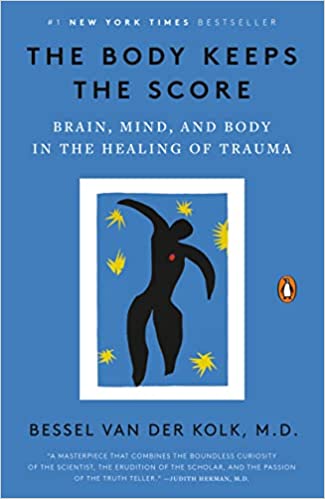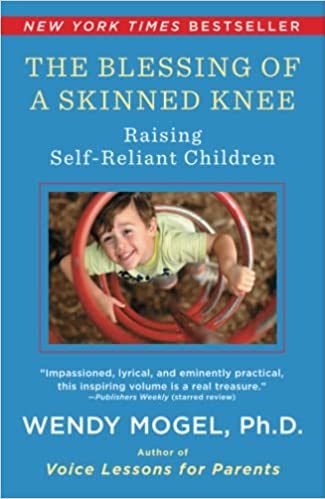Ongoing Adulting: Making New Friends
Written by Jenny Inserro, LCSW
Therapist at Vine Counseling Center
Where do I meet people as an adult? How do I make friends? These are questions I often hear from people. In our technology-driven, fast-paced world, most people appreciate real human connection if they have it and long for it when they don’t. Plus, the COVID pandemic challenged us to isolate and communicate in ways that minimized face-to-face interaction.
For people diagnosed with depression, isolation is a common symptom. Make no mistake, though, isolation is not desired. Underneath it, there is often a longing for connection, but the depression convinces people that they don’t need it. The irony is that when people push past their discomfort or reluctance at leaving the house and get out into the world, they often experience positive feelings through connecting with others.
For people who struggle with social anxiety, the thought of approaching people as an adult can be scary. Knowing what to say or how to act can send some people into a panic. I find that going into interactions practicing some simple mindfulness and relaxation techniques, having some questions prepared to ask other people, and thinking about the interaction as a way to collect information are helpful ways to manage the anxiety of face-to-face human connection.
So, let’s explore some options on how to make friends as an adult.
Use the Technology: Believe it or not, technology, often pointed to as a way to avoid face-to-face interaction can help. Apps like Meetup and Bumble (for friends) offer ways to find people online to connect with in person. Meetup is useful because it allows opportunities to meet people by interest. For example, if you like gardening, you can “meet up” with a group of gardeners to share tips. Because online interactions initially start with a fair amount of anonymity, remember to practice personal safety when meeting people for the first time (such as meeting in groups in public places).
Libraries and Park Districts: The programs and events sponsored by park districts and libraries offer great ways to connect with others and learn something at the same time. Libraries often host discussion groups or guest speakers on various topics. Park districts offer fitness classes and group outings. The bonus is that many library programs are free, and park district offerings are generally low-cost.
Reconnect with People: Life takes its twists and turns and sometimes that results in losing touch with people from our past. Reaching out to people that were previously in our lives is a way to expand our social circle without starting from square one.
Approach People You Want to Get to Know: Sometimes through the course of life, we meet someone who we want to get to know better, but fear of rejection can hold us back from reaching out. My best advice is to go into the request with the thought that if the person says yes, it offers an opportunity to make a connection. If the person declines, just consider it information—in other words, don’t overthink it.
Volunteer: Helping people not only results in the release of positive brain chemicals, it also offers an opportunity to connect with people who share your love for particular causes. And, social service agencies are always on the lookout for volunteers with a passion for their mission.
Human connection benefits us in so many ways. It not only helps to improve our mental health hygiene, but it also can produce positive outcomes for our physical well-being, such as possibly living longer or experiencing a boost to the immune system. If you’re interested in learning more about the power of connection, check out the book Together: The Healing Power of Human Connection in a Sometimes Lonely World by former U.S. Surgeon General Vivek Murthy. His insight weaves science, research, social influences and personal stories into a narrative that shows what connecting with others does for our physical, mental and emotional health.

